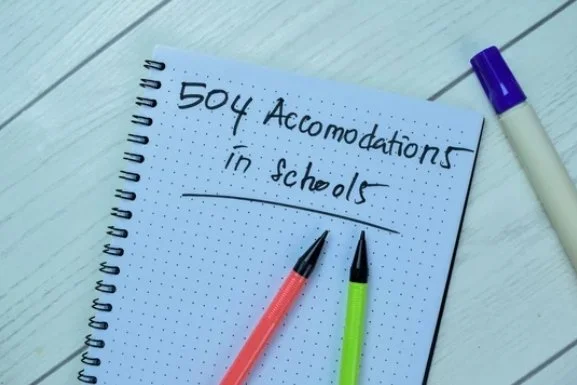What to Do When Your Child Is Struggling
When your child is struggling—whether academically, socially, or emotionally—it’s hard to know where to start. You may be hearing from teachers about incomplete work, noticing meltdowns at home, or sensing that something just isn’t right. For many families, this period is filled with uncertainty, frustration, and a sense of helplessness. But the good news is you don’t have to navigate it alone, and there are steps you can take to support your child effectively.
Step 1: Start with Observation and Time Line
Begin by writing down what you’re noticing. When does your child seem most frustrated or anxious? What subjects or situations trigger a response? What concerning information have you been receiving from the teacher? Patterns can help clarify whether this is a short-term adjustment issue or something more persistent that may require additional support.
Step 2: Talk to the School
Reach out to your child’s teacher or school counselor to discuss your concerns. Ask if they’re seeing similar struggles in the classroom. This opens the door to collaboration and may lead to helpful classroom accommodations, support services, or a formal evaluation process if necessary.
Step 3: Understand Your Rights
Every student is entitled to a free appropriate public education (FAPE). If your child’s challenges are interfering with their ability to learn, you have the right to request an evaluation for special education services or accommodations through a 504 Plan or an Individualized Education Program (IEP).
Step 4: Ask for Help—From Experts Who Get It
Advocating for your child can feel overwhelming. That’s where we come in. At Education Advocates of America, we help families navigate the complex world of IEPs, 504 plans, school meetings, and evaluations. We’re here to make sure you’re not just heard—but supported, informed, and empowered every step of the way.
A Leader Who Walks the Talk
We’re proud to share that our founder, Jamie Kirschner, was recently nominated as a Distinguished Entrepreneur by the Florida Small Business Development Center at FGCU. This honor celebrates her vision, leadership, and commitment to advocacy in education—and it couldn’t be more well deserved.
In addition to this recognition, Jamie recently spoke at local delegation meetings to represent the needs of Florida families raising children with developmental disabilities. Her voice has become a powerful one in our state—amplifying the concerns of families who too often go unheard, and working to ensure better outcomes for all children.
When your child is struggling, you deserve a team that understands how to help—and a community that knows how to fight for what’s right.
If you’re unsure of what to do next, we’re here to help you figure it out.
Sources:
The information in this article is grounded in trusted, evidence-based guidance from leading organizations in education and advocacy:
Center for Parent Information and Resources. (n.d.). Getting help for your child. Retrieved from https://www.parentcenterhub.org/
U.S. Department of Education. (2016). Parent and educator resource guide to Section 504 in public elementary and secondary schools. Retrieved from https://www2.ed.gov/about/offices/list/ocr/docs/504-resource-guide-201612.pdf
U.S. Department of Education. (n.d.). Individuals with Disabilities Education Act (IDEA) – Parents and families. Retrieved from https://sites.ed.gov/idea/parents/
Wright, P. W. D., & Wright, P. D. (2006). Wrightslaw: From emotions to advocacy – The special education survival guide. Harbor House Law Press.






